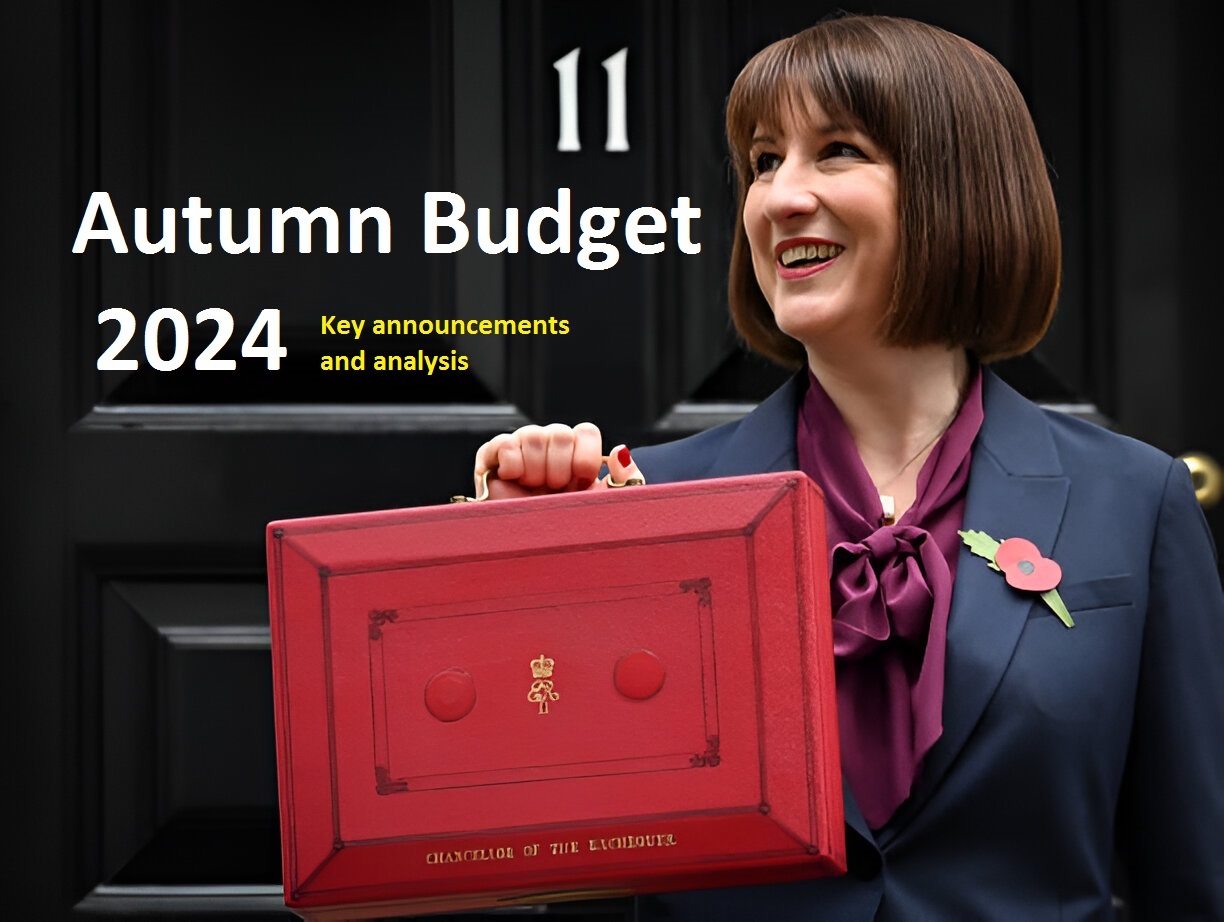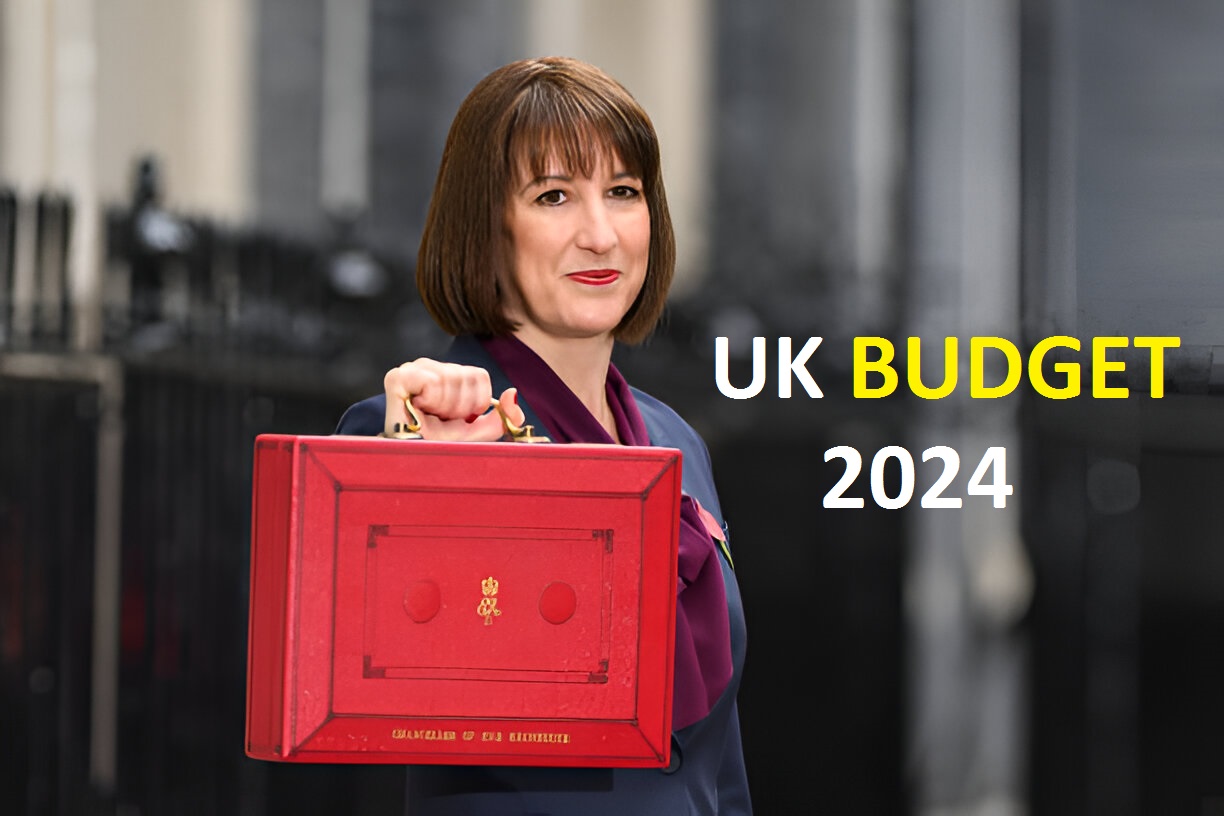The 2024-2025 UK budget has been released, and while it doesn’t bring sweeping changes, some important adjustments could affect both individuals and businesses. These changes, especially around thresholds, capital gains, and stamp duty, may have implications for your finances and tax planning. Let’s break down what you need to know in simple terms so you can stay informed and prepared.
1. National Insurance Contributions (NIC) Threshold Adjustment
The budget introduces a change in the threshold for employers’ National Insurance Contributions (NIC). For businesses, this means that the point at which you start paying NIC for employees has shifted. Although not a dramatic overhaul, this small adjustment could have implications for your payroll calculations, impacting cash flow for businesses that are tight on margins.
What This Means for Employers
- Higher Threshold: Employers may see a higher NIC threshold, meaning there’s a bit more breathing room before they need to contribute to NIC on employee salaries.
- Employee Allowances: Additional allowances may be available for employees, giving them a slight boost in their take-home pay.
- Impact on Payroll: While the change isn’t massive, it’s enough to warrant a review of payroll processes. Ensuring your payroll system is up-to-date with the new thresholds can prevent overpayment or underpayment issues.
2. Changes in Capital Gains Tax (CGT)
One of the most notable areas in this budget is the adjustment to Capital Gains Tax (CGT). If you’re an individual or business with assets like shares, real estate, or other valuable holdings, CGT is likely on your radar. The new budget introduces higher CGT rates on certain assets, which could increase the tax burden when you sell off these assets.
Implications for Investors and Property Owners
- Increased CGT Rates: This change may lead to higher tax bills for those selling assets, especially valuable investments like shares, real estate, and other capital goods.
- Impact on Returns: If you’re considering selling an asset, you’ll need to factor in the higher CGT rate to calculate your net gain. The rate increase might mean reconsidering the timing of your sales or looking into ways to mitigate the impact.
- Strategic Planning: With these changes, seeking advice from a tax professional might be beneficial to optimize your capital gains and possibly spread out your asset sales over multiple tax years.
3. Updates on Stamp Duty and Land Tax
For property buyers, sellers, and investors, changes in stamp duty and land tax are essential to understand. The budget proposes an increase in stamp duty rates, which can add significant costs when buying property, whether as an individual or through a limited company.
Impact on Individuals and Limited Companies
- Increased Rates: Both individuals and limited companies will face higher rates on property transactions. If you’re planning to purchase property, the updated stamp duty rates could affect your overall budget.
- Additional Burden for Companies: Limited companies buying property will also need to navigate these higher rates. If your business is involved in property investment, it’s crucial to factor these additional costs into your financial planning.
- Consider Future Investments: This change may prompt some individuals and companies to rethink their property investment strategies. By knowing the additional costs upfront, you can better budget for new property acquisitions.
4. Other Key Takeaways and Considerations
Beyond these specific tax adjustments, there are a few general points worth noting:
- Budget for Potential HMRC Payments: With the changes in NIC, CGT, and stamp duty, it’s wise to budget for possible additional payments to HMRC. While these may not seem dramatic at first glance, they can accumulate over time, impacting your annual tax obligations.
- Allowance Adjustments: The additional allowances introduced in the budget may offer some relief, particularly for employees. These adjustments can result in a slightly higher take-home pay, which can be a positive for households managing budgets amidst inflationary pressures.
- Consulting a Tax Professional: While understanding the changes is the first step, consulting a tax professional can help you navigate the specifics. Professionals can offer tailored advice on mitigating the impact of these adjustments and taking advantage of any new allowances.

Planning for the Future 2024-2025
The 2024 budget may not have introduced sweeping reforms, but these adjustments underscore the importance of proactive tax planning. Staying informed and regularly reviewing your financial strategy can ensure you’re prepared for both current obligations and future tax changes.
Here’s a quick recap:
| Tax Area | Key Change | Impact |
|---|---|---|
| NIC Threshold | Increased threshold for employers’ NIC | Adjust payroll to align with new levels |
| Capital Gains Tax | Higher CGT rates on capital assets | Review asset sale strategies |
| Stamp Duty and Land Tax | Increased rates for individuals and companies | Factor in higher costs for property investments |
Final Thoughts
In summary, while the Autumn Budget 2024 might not be headline-grabbing, these changes have the potential to influence your tax planning and financial decisions. Whether you’re an employer, investor, or property buyer, being aware of these adjustments helps you make informed choices, avoid unexpected tax bills, and strategically plan for the future.
As always, it’s beneficial to stay proactive, consult with tax experts, and adjust your financial plans to accommodate these updates. With proper planning, you can navigate the evolving tax landscape with confidence and peace of mind.




